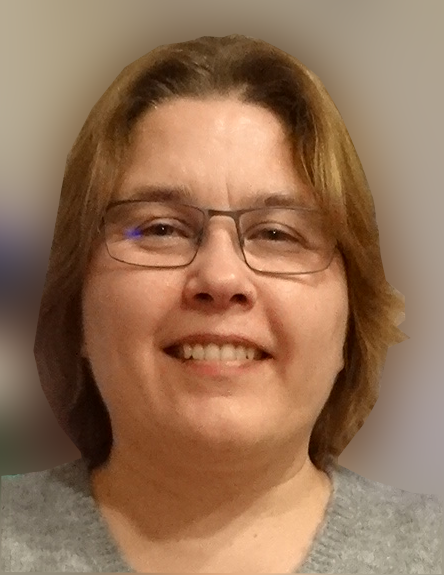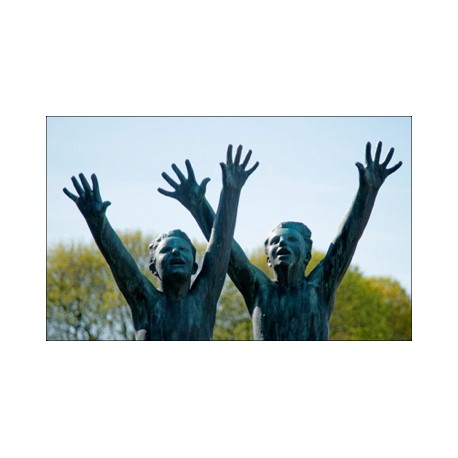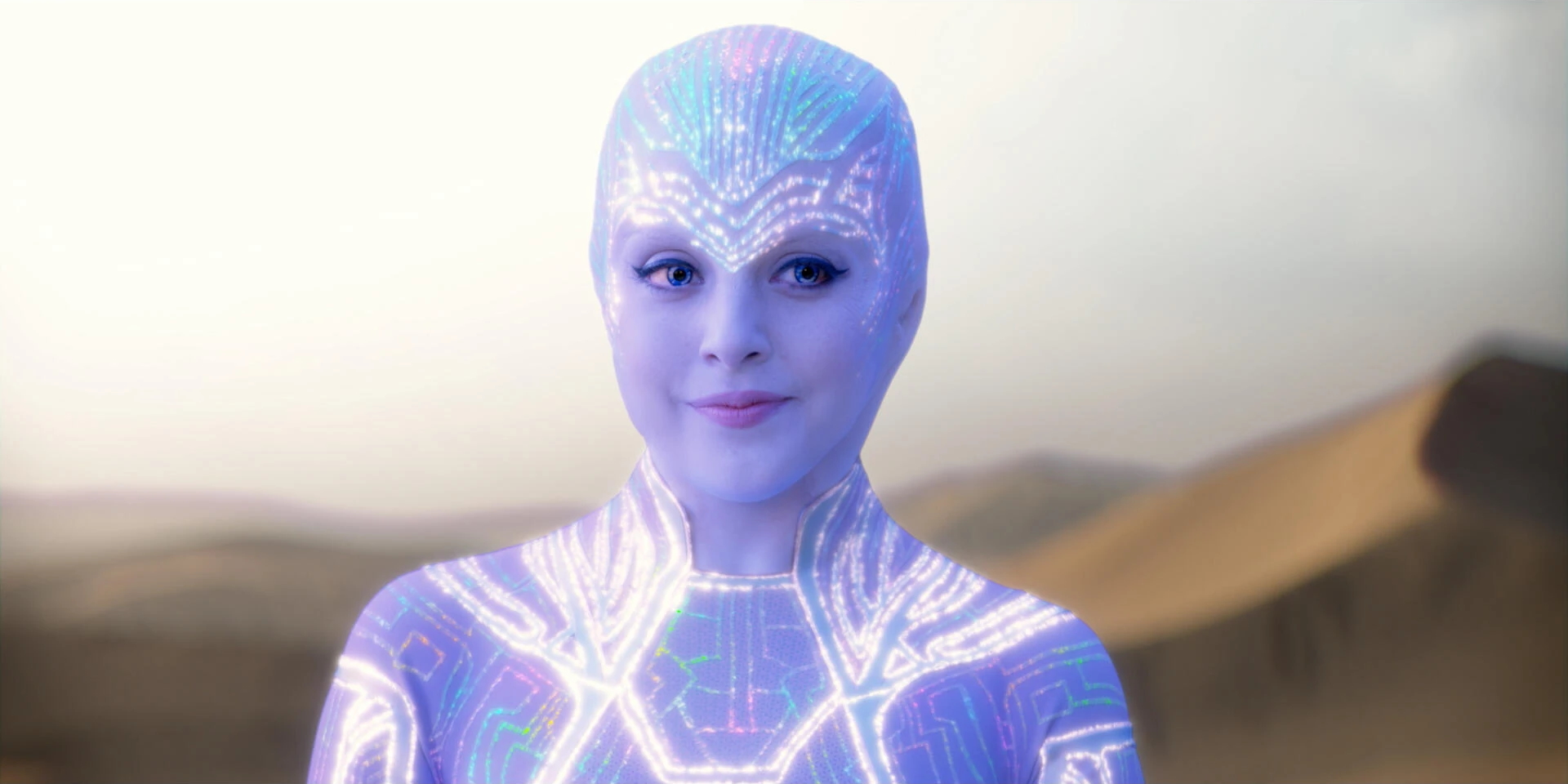 Image source: 🔗 https://www.alderan-philo.org/activite/web-cafe-philo-que-serait-la-vie-sans-la-mort/ | |
| Theme | What would life be without death? |
| Animation | UPP ALDERAN |
| Date and times | Tuesday, December 17, 2024 from 8:30 p.m. to 10:30 p.m. |
| Keywords | café, debate, life, death, evolution, process, state, consciousness, anguish, representation, euthanasia, suicide, end of life, health, immortality, eternity |
| Information | For more details on how the event works, see the page on the WEB philo café. |
Introduction▲
This WEB philo café is an “online” philo café, “on the web” where participants meet in a Zoom meeting to debate on a topic known in advance. It is the second online philo café hosted by the UPP ALDERAN association because other philo cafés exist “in person”, such as the Victor Schoelcher philo café in Toulouse.
The topic of today’s debate is life and death. The wording of the evening’s question is as follows:
What would life be without death?
WEB philo café, UPP ALDERAN, Tuesday December 17, 2024.
To answer this vital subject, the participants provided elements of answer during the debate that I will try to transcribe as best I can in this article.
Note: This article mentions elements of reflection from the debate with varying degrees of precision and does not transcribe the entire debate point by point. It is therefore not intended to be exhaustive in terms of its content but invites further reflection on the subject.
1. A subject that reminds of another▲
The evening’s theme reminds me of another philosophy café, a few… twelve years earlier… The first one I personally attended in person was on Tuesday, November 6, 2012, and the subject was:
2. A technical problem▲
Unfortunately for me, I had a problem connecting to this zoom meeting. I finally found the solution and was able to participate in the debate but with a good half hour delay. I share a tip that can be useful in case of technical issues during a videoconference:
3. Ideas and thoughts explored during the debate▲
3.1. Definition and characteristics of life▲
What is life? I share a definition of life according to Wikipedia and fundamental characteristics or properties of life.
3.1.1. Definition of life according to Wikipedia▲
Life is a quality that distinguishes matter that has biological processes, such as signaling and self-sustaining processes, from matter that does not. It is defined descriptively by the capacity for homeostasis, organisation, metabolism, growth, adaptation, response to stimuli, and reproduction. All life over time eventually reaches a state of death, and none is immortal. Many philosophical definitions of living systems have been proposed, such as self-organizing systems. Viruses in particular make definition difficult as they replicate only in host cells. Life exists all over the Earth in air, water, and soil, with many ecosystems forming the biosphere. Some of these are harsh environments occupied only by extremophiles.
Wikipedia, The Free Encyclopedia, Life, 22/01/2025.
3.1.2. Fundamental criteria and properties of life▲
Wikipedia, The Free Encyclopedia, Descriptive for life, 22/01/2025.Since there is no consensus for a definition of life, most current definitions in biology are descriptive. Life is considered a characteristic of something that preserves, furthers or reinforces its existence in the given environment. This implies all or most of the following traits:
- Homeostasis: regulation of the internal environment to maintain a constant state; for example, sweating to reduce temperature.
- Organisation: being structurally composed of one or more cells – the basic units of life.
- Metabolism: transformation of energy, used to convert chemicals into cellular components (anabolism) and to decompose organic matter (catabolism). Living things require energy for homeostasis and other activities.
- Growth: maintenance of a higher rate of anabolism than catabolism. A growing organism increases in size and structure.
- Adaptation: the evolutionary process whereby an organism becomes better able to live in its habitat.[18][19][20]
- Response to stimuli: such as the contraction of a unicellular organism away from external chemicals, the complex reactions involving all the senses of multicellular organisms, or the motion of the leaves of a plant turning toward the sun (phototropism), and chemotaxis.
- Reproduction: the ability to produce new individual organisms, either asexually from a single parent organism or sexually from two parent organisms.
3.2. A remarkable quote about life▲
During the debate, I shared a quote about the life of Henri Poincaré that had personally struck me when reading one of his works, which was therefore remarkable in my eyes:
L’histoire géologique nous montre que la vie n’est qu’un court épisode entre deux éternités de mort, et que, dans cet épisode même, la pensée consciente n’a duré et ne durera qu’un moment. La pensée n’est qu’un éclair au milieu d’une longue nuit, mais c’est cet éclair qui est tout.
Henri Poincaré, French text taken from the book La Valeur de la Science (The Value of Science in English).
My personal translation
Geological history shows us that life is but a short episode between two eternities of death, and that in this very episode conscious thought has lasted and will last only a moment. Thought is but a flash in the middle of a long night, but it is this flash that is everything.
Henri Poincaré, translated text in English taken from the book La Valeur de la Science in French (The Value of Science in English).
3.3. Anxieties about the finiteness of life▲
- The question of death, of the end of life is distressing. To cope: forget the finitude, reconnect with the present moment for more serenity.
- The representation of death and its feeling constitute a personal experience, specific to the person oneself.
- The anxiety of death experienced by loved ones can make one feel helpless, anxiety by proxy.
- This fear of death can be felt because of the absurdity, the lack of meaning that we put into life, in our own and in general.
- This reflection on death and life often occurs when a serious illness appears or at the end of life. In the event of unbearable suffering, we come, depending on the circumstances, to think about suicide or euthanasia, voluntary termination of one’s own life and one of the human rights. To not live an unbearable hell, not to be a slave to life. In this sense, death is thought of as a form of freedom: choosing to die to put an end to the unbearable, “unlivable” state. We wish to free ourselves from suffering due to the absence of other choices.
- Avoid thinking of death as an unconscious goad.
- “The great tragedy is to be born.”
During the debate, I shared my second personal experience with death at the age of eight, after the death of my father, leading to a questioning about altered states of consciousness: sleep, coma, loss of consciousness, death.
I also expressed my personal serenity regarding the finiteness of life, which is not a distressing subject for me, making the objective observation that the more I know about the process of life and its different aspects, the more comfortable I am in accepting the “life phenomenon” and its “logical” end.
3.4. Why not immortality?▲
The living knows how to make immortal organisms with endogenous immortality, mortality being then exogenous (predators, hostile environment…). Why don’t more immortal living beings exist?
- The common strategy of the phenomenon of life is to go through death and through the creation of generations of living beings.
- Death is a strategic choice of life for evolution and to be able to adapt as best as possible. Death as a natural mutation.
- Resources are limited. So immortality would be a problem for demography and the quantity of resources and biodiversity.
- Death allows for the natural balance that maintains life on Earth, death is useful for evolution.
Small aside
In the world of living organisms, there are organisms capable of living and evolving in extreme conditions, which allows them to be almost immortal, but within a specific framework. Examples include the tardigrade, the jellyfish Turritopsis dohrnii, the planarian and the glass sponge. Is this type of immortality desirable for human beings? Not sure…
3.5. Other points for reflection discussed during the debate▲
- Life is a process; death is a state, the last of the process that made an organism a living being.
- It is not easy to recognize life (see the paragraph on the characteristics of life). Identifying biosignatures is therefore a major challenge, particularly for the search for life elsewhere in the Universe for example.
- We are biologically programmed to die; similarly, aging is biologically enacted.
- “Homo deus” transhumanism is a utopia, an absurdity.
- The finitude of life raises the question of the value of a life, one of the themes of André Malraux’s work Man’s Fate (La condition humaine in French).
Une vie ne vaut rien, mais rien ne vaut une vie.
André Malraux, La condition humaine (1933), Man’s Fate in EnglishMy personal translation
A life is worth nothing, but nothing is worth a life.
- An endless life questions the relationship to innovation: would an eternal life imply being able to constantly renew oneself?
L’éternité, c’est long, surtout vers la fin.
Franz Kafka, De quoi rire ? (tome 1) by Honoré Bostel, Wikipédia [FR].My personal translation
Eternity is long, especially towards the end.
I am sharing a link to a French conference entitled Vivant et Vie (Alive and Life in English), part of the series Les mots de la philosophie, hosted by speaker Eric Lowen of the UPP ALDERAN association:
3.6. Life, Death, Immortality in Popular Culture▲
3.6.1. An episode of the science fiction series Star Trek: Voyager▲
An episode of the science fiction series Star Trek: Voyager, entitled Death wish, addresses the question of immortality and its implications on life through the suffering of a member of an omnipotent alien race: the Q continuum.
I share another link about this episode: https://memory-alpha.fandom.com/wiki/Death_Wish_(episode)
This episode is considered one of the best of the series for the storyline and the quality of its content (source: Den of Geek, Top 10 Star Trek: Voyager episodes). As a fan of the Star Trek saga, I particularly enjoyed it.
3.6.2. An episode of the science fiction series The Orville▲
An episode of the science fiction series The Orville entitled Mortality Paradox also deals with the subject of immortality and the implications for one’s relationship to life and death.
Dinal reveals she has been behind the illusions. The Orville disappears, and the team sees they never left the planet. Dinal is a descendant of a Kandar 1 visited by the Orville in 2420. Kelly had inadvertently created a religion among the primitive inhabitants. Since then, 50,000 years have passed on the planet, and the people have achieved immortality. Unfortunately, her people has become complacent with death and life. Dinal created illusions based on the team’s minds and subjected them to experiences of death. She shared their minds for fleeting moments to understand their experiences of mortality. She exhorts the Union to continue to grow and learn, then promises they will meet again.
Back on the Orville, Ed, Kelly, Bortus, and Gordon share drinks in the Mess Hall. They reflect on death and the inability to comprehend non-existence. While Bortus accepts death with stoicism, Ed admits he wishes he could live forever “to see what happens.”
The Orville, S03E03: Mortality Paradox
For me too, “knowing what will happen” is a reason that might interest me in living forever.
3.6.3. Other works mentioned▲
Conclusion▲
A possible answer to the question posed by this evening’s debate could be formulated as follows:
What would life be without death? Life would still be life; it would have other flavors, other perspectives.
WEB philo café, What would life be without death?, Pause-café chez Sonia, January 20, 2025.



















